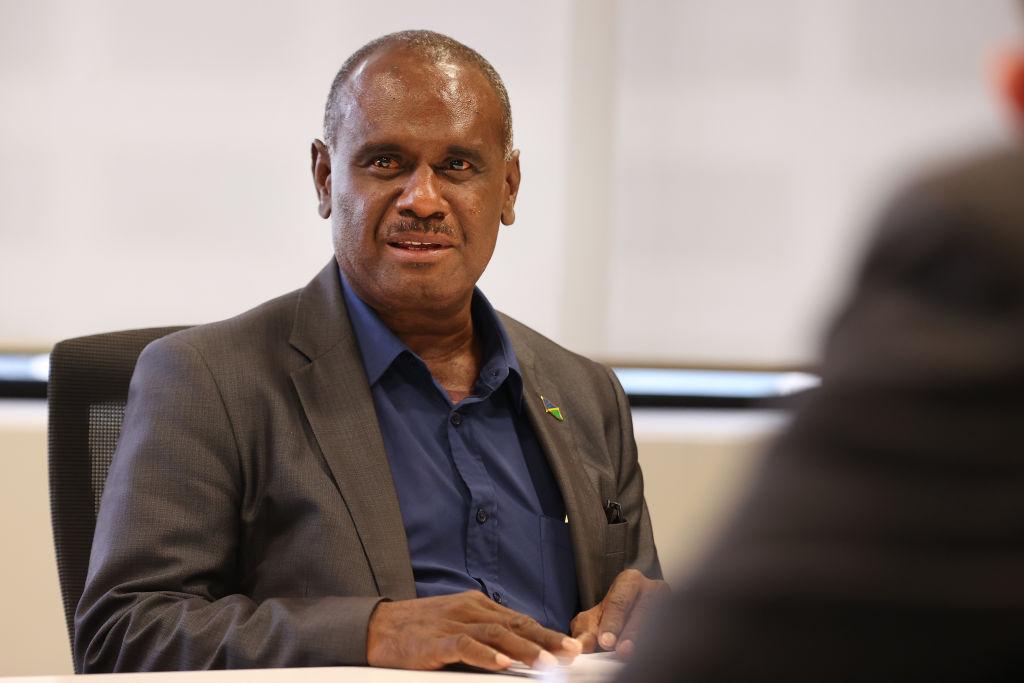Commentary
The recent election results in the Solomon Islands carry mixed messages for Australia, the United States, and other nations in the Indo-Pacific region.

The recent election results in the Solomon Islands carry mixed messages for Australia, the United States, and other nations in the Indo-Pacific region.